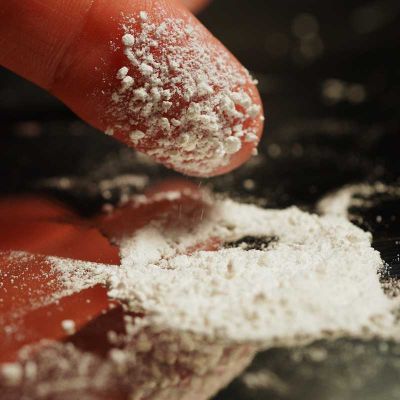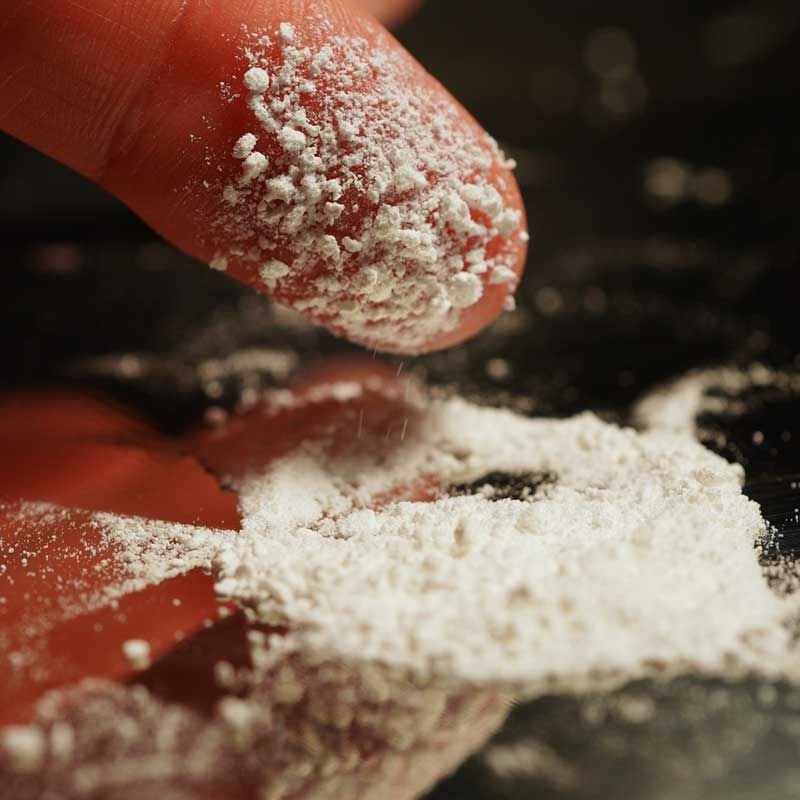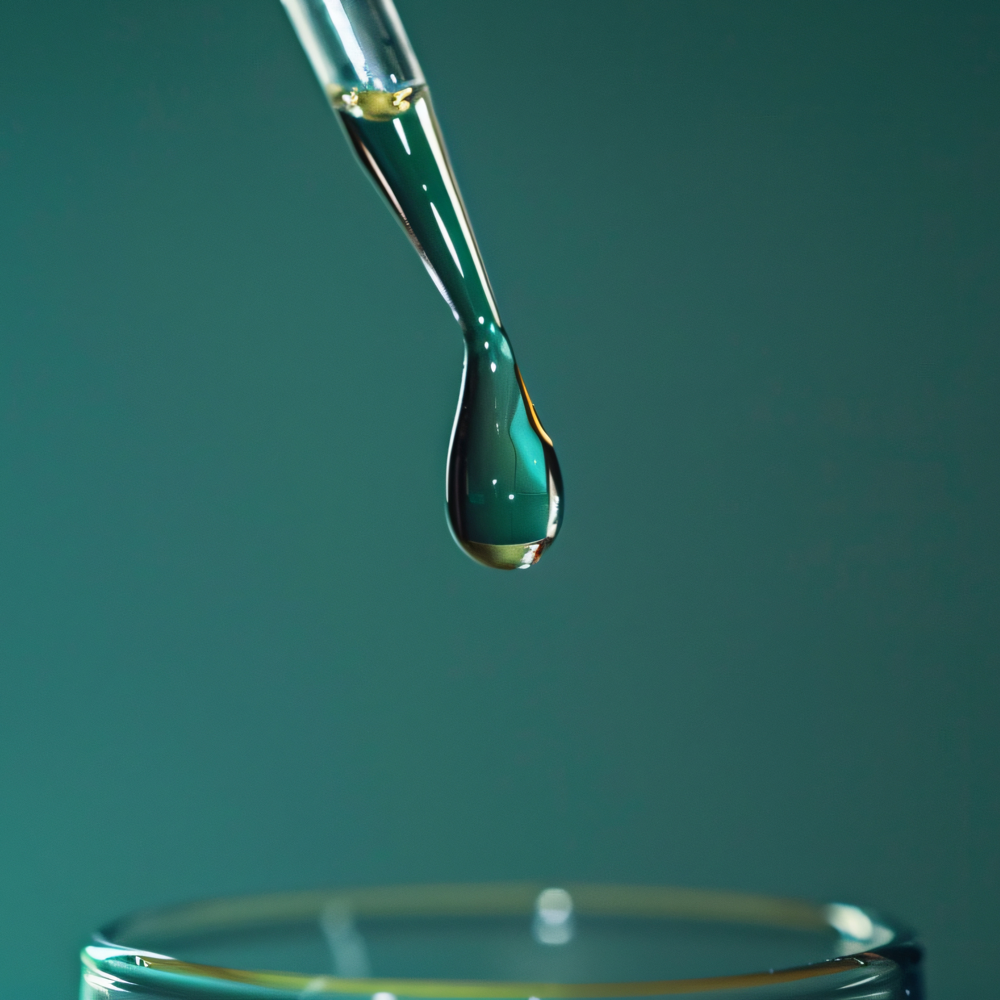Could ketamine be ruining your bladder?

Ketamine use is rising in the UK. In 2020, about 270,000 people used it, up from 170,000 in 2010. As more people take ketamine, more are also experiencing bladder damage. Studies show that over 25% of users—tens of thousands of people—develop bladder problems, and those who take ketamine more often have worse symptoms.
Ketamine bladder, also called ketamine-induced cystitis, is a painful condition caused by using ketamine regularly. Cystitis is when the bladder becomes inflamed, leading to discomfort, frequent urination, and sometimes sores inside the bladder.
Experts are still trying to understand exactly how ketamine damages the bladder. They believe that ketamine and its chemicals damage the bladder lining, making it more sensitive and causing pain.
If you use ketamine and develop bladder problems, the best way to improve your symptoms and prevent further damage is to stop using ketamine. Use over-the-counter pain relievers, such as anti-inflammatory drugs (NSAIDs) or other painkillers, to help reduce any pain and discomfort.
Stopping ketamine as soon as you notice any symptoms will give your bladder a chance to recover. Continued ketamine use could lead to serious damage that may require surgery to repair.
If you plan to keep using ketamine, it's essential to practice harm reduction. This includes:
- Using smaller amounts
- Taking breaks
- Drinking plenty of water
- Don't mix ketamine with other drugs
Watch for early signs of bladder issues, like pain or needing to urinate more often. If you notice symptoms, see a doctor or GP as soon as possible.
Ketamine bladder is becoming more common as ketamine use increases. Understanding the risks, spotting symptoms early, and taking steps to protect your bladder can help you stay healthier.
Further Reading:
- The agony of ketamine addiction: 'I felt like I was peeing glass'
- The ketamine crisis has crept up on British youth
- Ketamine's move from club to 'chill-out' drug is sign of a troubling culture shift
Go to the Drug Talk ketamine harm reduction page



